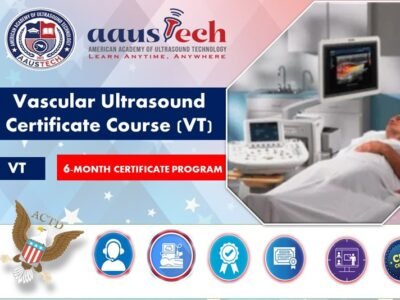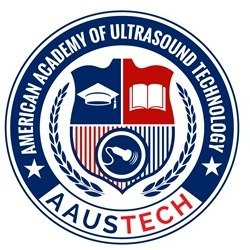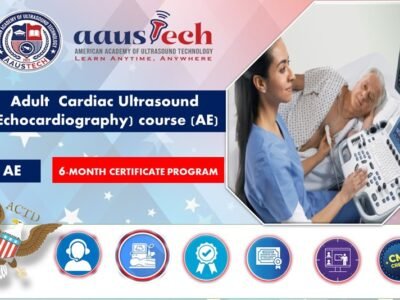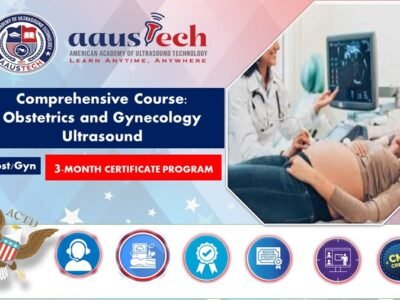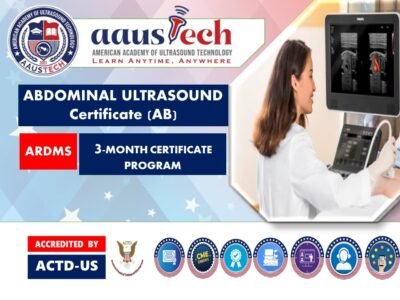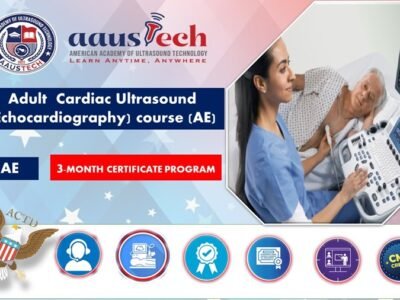Mastering Abdominal and Pelvic Ultrasound Reporting (MAPU)
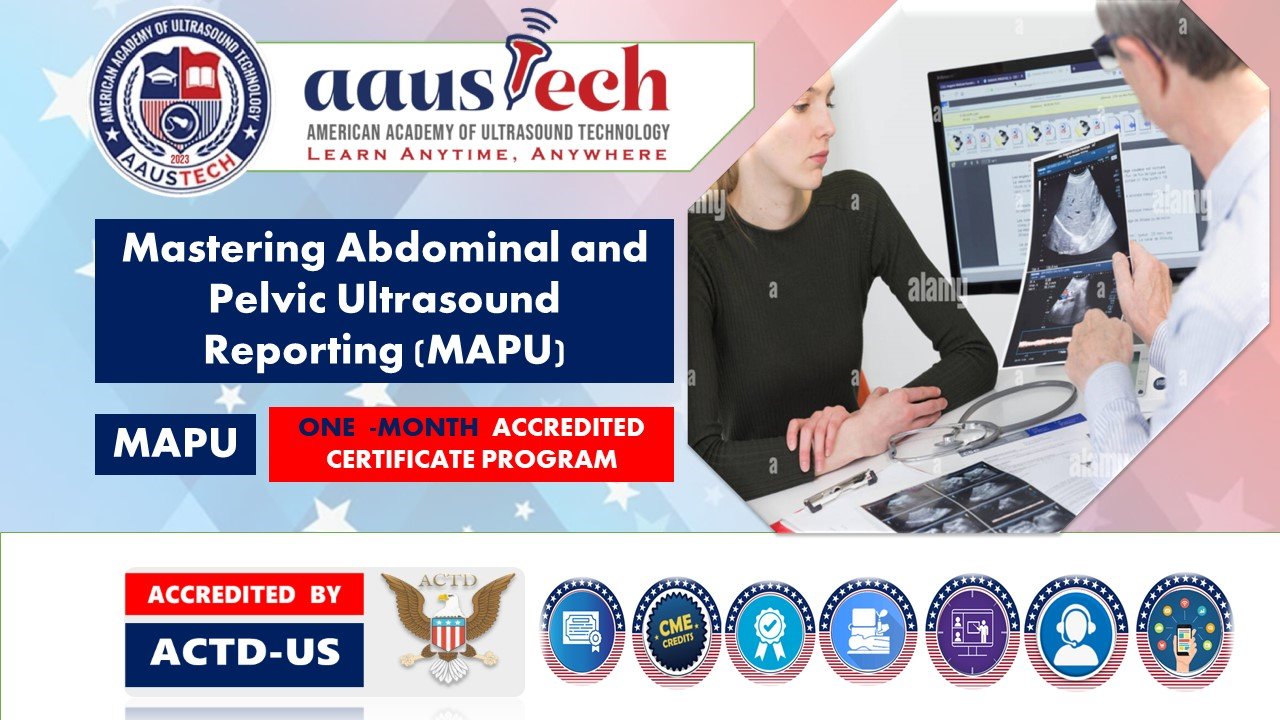
Mastering Abdominal and Pelvic Ultrasound Reporting (MAPU)
Accredited Online Course in Abdominal Ultrasound Reporting
Duration: 1 Month (4 Weeks)
Accreditation: This course is accredited by the American Council for Training and Development in Ultrasound Studies (ACTD-US). Participants will receive an internationally recognized certificate upon successful completion.
Course Summary
The Mastering Abdominal and Pelvic Ultrasound Reporting (MAPU) course equips participants with the skills needed to interpret abdominal ultrasound findings and produce professional reports. Combining theoretical knowledge with practical applications, this course prepares learners for real-world diagnostic challenges.
Key Features
- Interactive Learning: Engage in live or recorded sessions with case-based discussions led by experts.
- Practical Skill Development: Complete structured assignments focused on ultrasound report writing.
- Recognized Certification: Earn an ACTD-US-accredited certificate to validate your expertise and enhance your professional credentials.
Course Objectives
By the end of this course, participants will:
- Master the identification of normal and abnormal ultrasound findings.
- Develop the ability to write concise, structured, and professional ultrasound reports.
- Apply diagnostic criteria to complex cases and provide actionable clinical recommendations.
Course Format
Delivery:
- Fully online course accessible globally, offering hybrid learning with live sessions and recorded lectures.
Commitment:
- Requires 10–15 hours per week, including live sessions, assignments, and self-paced study.
Structure:
- Two topics covered per week with associated weekly assignments and quizzes.
Course Instructions
-
Attendance:
- Attend live online lectures or review recorded sessions at your convenience.
- Participate actively in case discussions and group activities.
-
Assignments:
- Submit weekly practice reports for feedback and improvement.
- Complete quizzes to reinforce learning and assess progress.
-
Final Assessment:
- Analyze 10 case studies (5 normal, 5 abnormal).
- Submit 4 comprehensive reports (2 normal, 2 abnormal) as the final project.
- Achieve at least 80% on assessments to qualify for certification.
Course Materials
- Interactive Lectures: Live and recorded sessions for flexible access.
- Practical Exercises: Assignments designed to strengthen skills in image interpretation and reporting.
- Case Studies: Real-world scenarios for hands-on application.
- Assessment Tools: Weekly quizzes and guidelines for the final evaluation.
Target Audience
This course is ideal for:
- Radiologists and radiology residents enhancing their reporting skills.
- Sonographers aiming to advance expertise in abdominal ultrasound.
- Physicians and healthcare providers integrating ultrasound in clinical practice.
Outcome
Upon completion, participants will:
- Demonstrate mastery in abdominal ultrasound reporting.
- Produce clear, standardized, and professional reports.
- Confidently manage routine and complex diagnostic cases.
Accreditation
This course is fully accredited by the American Council for Training and Development in Ultrasound Studies (ACTD-US). Participants who successfully complete the course will receive an internationally recognized certificate, affirming their competency and expertise in abdominal ultrasound reporting.
Course Features
- Lectures 11
- Quizzes 6
- Duration 4 weeks
- Skill level All levels
- Students 0
- Certificate Yes
- Assessments Self
Requirements
- Provide systematic findings for all abdominal and pelvic organs, including size, echotexture, and any abnormalities.
- Incorporate clinical indications, imaging techniques, and clear impressions with recommendations for follow-up.
- Use precise terminology, standardized formatting, and detailed measurements for accurate reporting.
Features
- Comprehensive Curriculum: Includes systematic training on reporting for liver, kidneys, bladder, prostate, uterus, and ovaries, ensuring coverage of all major abdominal and pelvic organs.
- Advanced Techniques: Focus on imaging modalities, Doppler evaluations, contrast-enhanced ultrasound, elastography, and AI applications in diagnostic imaging.
- Expanded Lectures and Content: 8 detailed lectures covering core topics and advanced insights, including managing equivocal findings and optimizing ultrasound techniques.
- Quizzes for Assessment: 6 structured quizzes to test and reinforce learning outcomes.
- Real-World Scenarios: 20 case study scenarios to provide hands-on experience in interpretation and report writing.
- Reporting Excellence: Samples of standardized abdominal and pelvic ultrasound reports to guide students in professional documentation.
- Accredited Certification: Receive a certification accredited by ACTD-US (Accreditation Council for Training in Diagnostic Ultrasound) upon successful course completion.
- Interactive Learning: Case-based discussions, student forums, and feedback sessions to engage and enhance learning.
Target audiences
- Students, medical professionals, and radiology trainees specializing in diagnostic ultrasound, particularly those focusing on abdominal and pelvic imaging, who aim to enhance their skills in systematic ultrasound reporting and interpretation.

